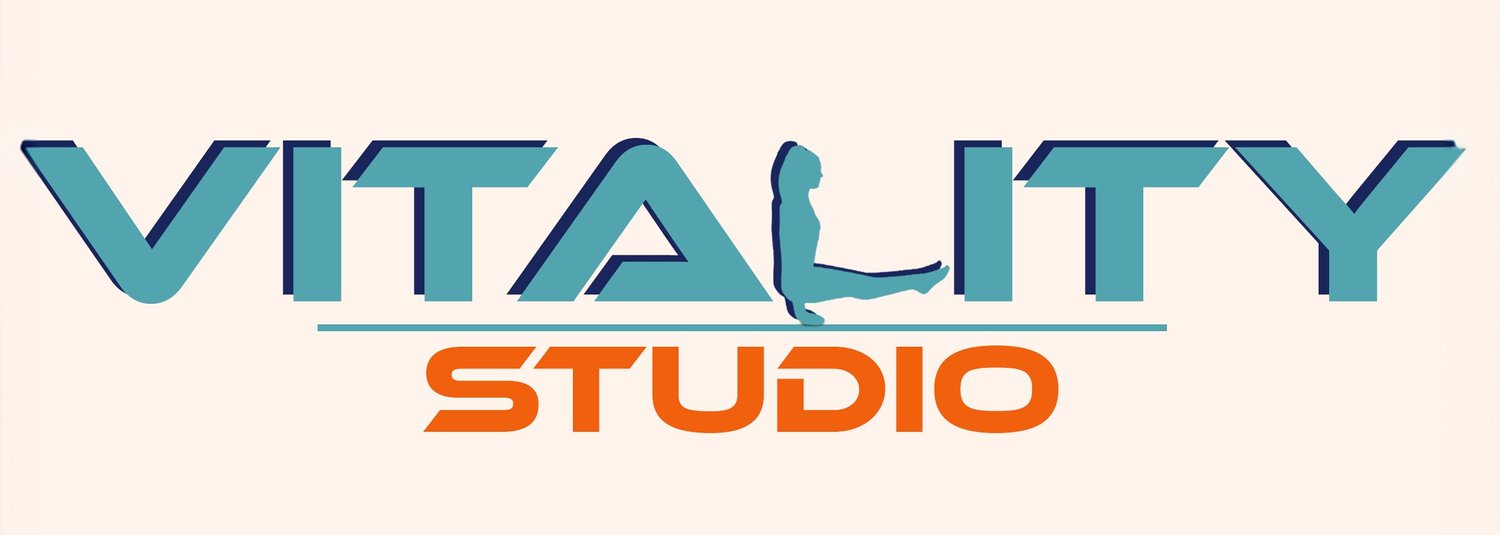Postpartum Nutrition
Postpartum nutrition
A well balanced and nutritious diet is just as important after giving birth as it is during pregnancy, whether breastfeeding or not. The body has been through a lot and needs to heal. Good nutrition can also be beneficial for preventing and managing postnatal depression and for optimal milk production and not forgetting a tired new mum needs decent fuel to look after a baby too!
Protein- essential for repairing tissue and healing. Eat meat, tofu, nuts, seeds and fish.
Fibre –eating foods high in fibre such as whole grains (oats, brown rice, wholewheat bread), pulses and fruit and veg will help with and bowel problems such as constipation and hemorrhoids.
Omega 3 fatty acids- important for breastfeeding women to help a baby’s nervous system to develop. If eating fish limit to two 140g portions a week and avoid fish such as marlin, swordfish and shark because of mercury levels. Other sources include avocados and nuts.
Zinc – can help with wound healing. Sources include meat, dairy foods, bread and shellfish.
vitamin D- Adults including breastfeeding women should take 10 micrograms a day. From April to the end of September, most people should be able to make all the vitamin D they need from sunlight on their skin. Those with darker skin are at a higher risk for deficiency and should supplement throughout the year. Food sources include egg yolks, red meat, oily fish and fortified foods (cereals and fat spreads)
Calcium- The body has a greater need for calcium during pregnancy and breastfeeding for the baby’s bone development. During pregnancy a lack of calcium in the mother’s diet can result in calcium being leached from the bones for the baby. Fortunately, any bone mass loss is restored several months after pregnancy or breastfeeding. Eating calcium rich foods such as tofu, almonds, dairy products, dark green leafy vegetables and tinned fish like sardines can help prevent a calcium deficiency.
Iron- Some women may become anaemic if they have suffered blood loss giving birth. A medical professional would be able to advise and provide appropriate treatment. Food sources to help replenish iron stores include meat, dark green leafy vegetables, pulses and dried fruit such as apricots and prunes and raisins.
Hydration- It’s really important for recovery and also for milk supply. To prevent dehydration drink at least 8 glasses of water a day. Try to have a drink after feeding the baby.
Caffeine and Alcohol - If breastfeeding limit caffeine, which can pass through the milk and cause the baby to become restless. If breastfeeding and you have an alcoholic drink, wait up to two to three hours before feeding the baby.


